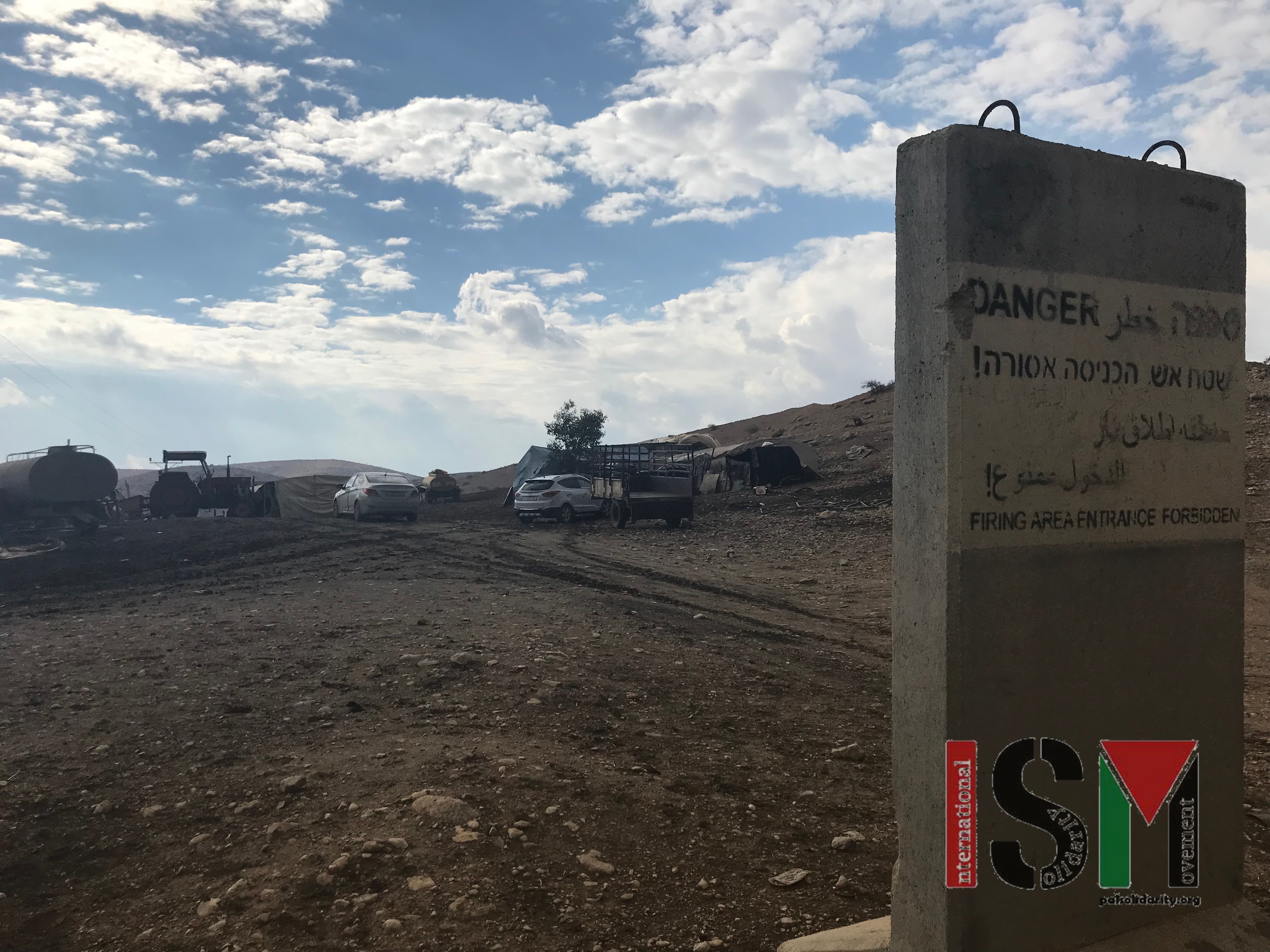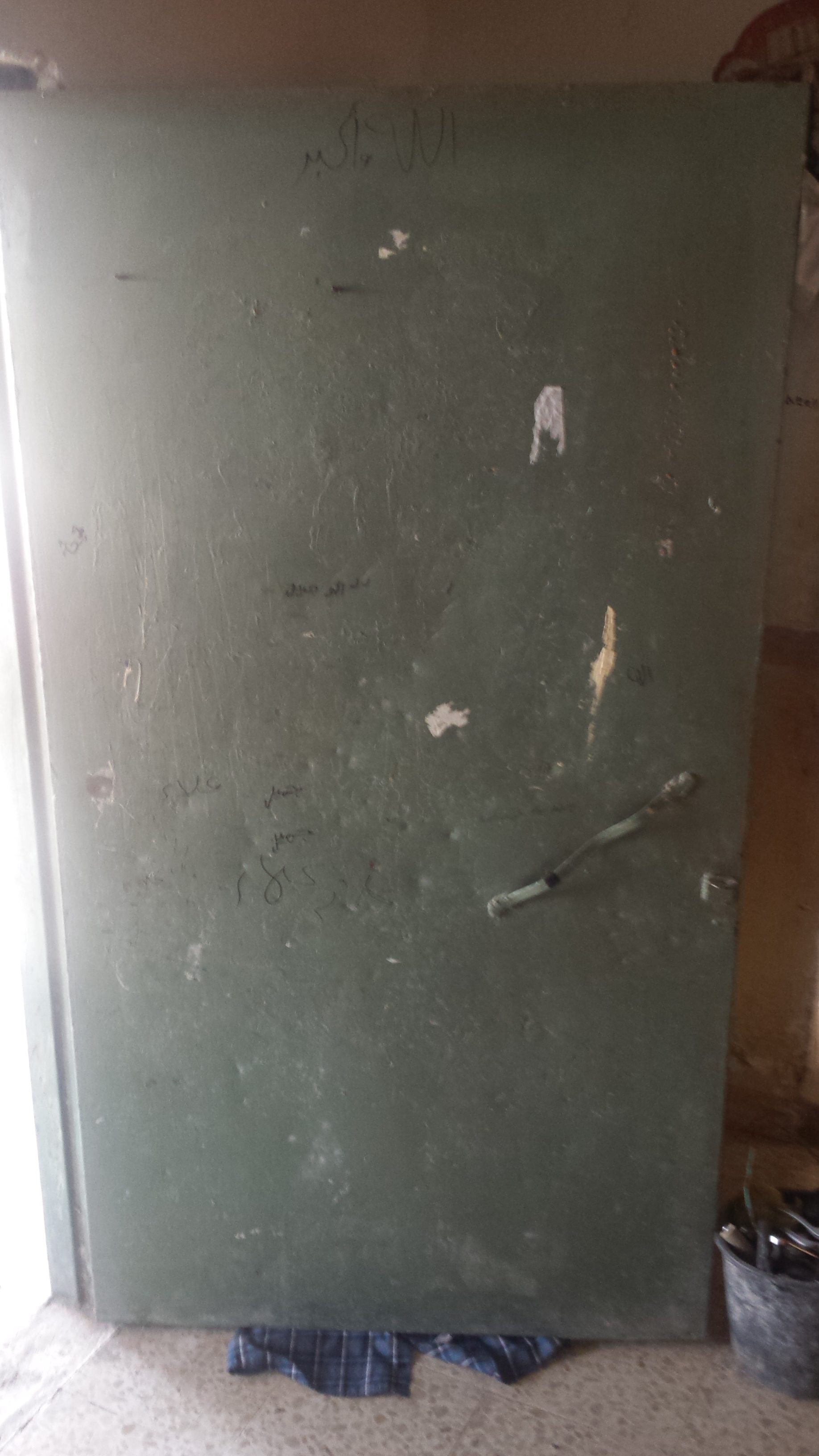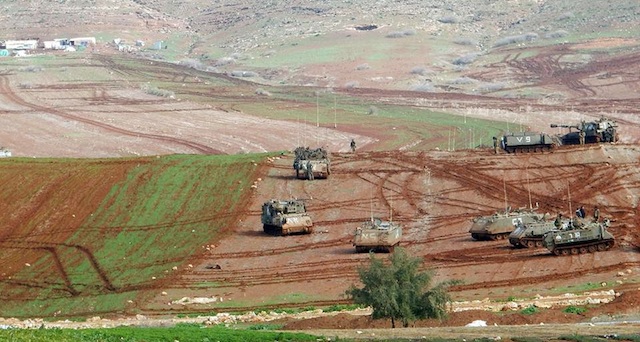Tag: Jordan Valley
-
Ethnical cleansing in the Jordan Valley
26th November 2017 | International Solidarity Movement, Team Nablus | Jordan Valley Solidarity | Jordan Valley, Occupied Palestine Israeli forces have sent out demolition orders to two villages in the northern Jordan Valley, where they plan to demolish the homes of around 300 Palestinians. This is part of the Israeli military’s ongoing efforts ethnically cleanse…
-
Israeli army arrest son during night raid in Fasayel family house
21st October 2017 | International Solidarity Movement | Nablus Team | Jordan Valley Solidarity | Occupied Palestine The night between Wednesday and Thursday the house of Abu Jamil got raided by the Israeli military. At one AM four military jeeps arrived to upper Fasayel and about 20 Israeli armed soldiers entered Abu Jamils house, forcing the family of 9…
-
Israeli Military Exercise on Palestinian farmers fields
19th December 2016 | International Solidarity Movement & Jordan Valley Solidarity| occupied Palestine At around 12:30pm December 19th, 2016, the Israeli Occupation Forces blocked the road leading to Tubas and the north of the Jordan Valley for around two hours. Dozens of Palestinians farmers and civilians had to wait for an Israeli military exercise to…



